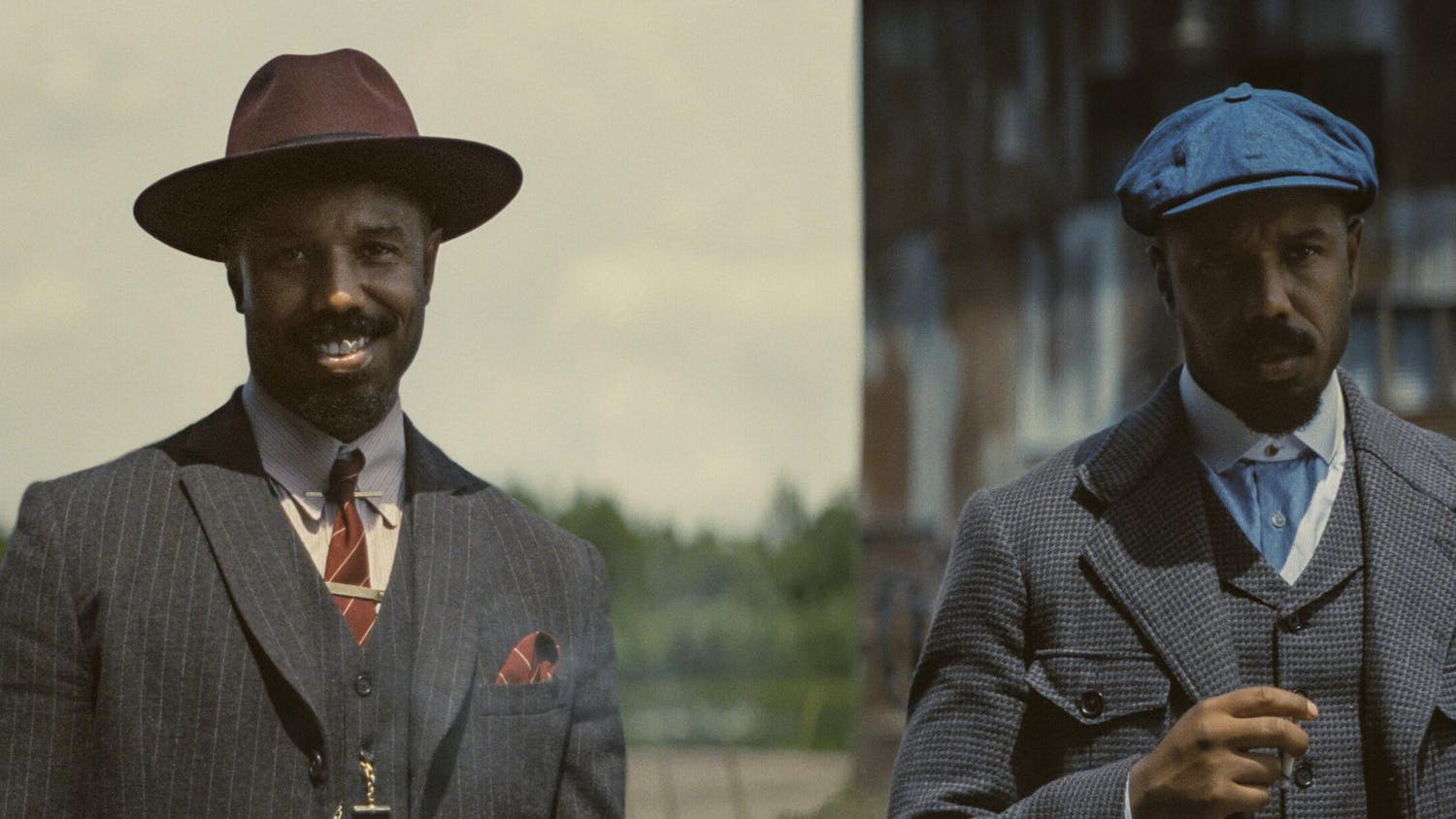Following a long and fun Halloweekend, the third largest party weekend of the year, Halloween has been on everyone’s mind. We love the spooky costumes, the candy and the carnivalesque nature of it all that lets us be who we’re not for a day.
The commencement of this holiday also seems to always bring up the talk of ghosts.
People go to haunted houses and cemeteries to try and scare themselves and others on the basis of ghosts. In fact, the percentage of Americans that have said that they believe in ghosts doubled from 1996 to 2009.
But it is time to come to terms with these nonsensical superstitions. It may be a topic that has been argued for centuries, but the simple fact of the matter is ghosts and supernatural beings are not real.
Philosophers have huddled around the concept of dualism, the belief of the separation of the mind and the body. This introduces the idea the soul is separate and different from the body in which it resides. This is the first step to arguing for the existence of ghosts, for when the body dies, the soul is left over to roam the earth.
However, this argument fails.
First, we must identify that we cannot accurately suppose or prove the existence of something without seeing it. Many people have claimed to experience some supposed “ghost sightings” in which they see the shape of a person that they once knew or recognize but is now dead.
However, if we recognize our soul is separate from our body, and if we suppose the soul is left over and roaming the earth unaccompanied by its physical body, then it would not have the form of a body as accounts of ghost sighting claim.
Along with this idea, we have to recognize that even if ghost sightings are credible, then there should be many more of them.
The Population Reference Bureau has estimated that roughly 108 billion people have lived on earth, and only seven billion are living now.
Logic dictates that ghost sightings would be widely more popular considering the number of people that have died in comparison to the number of people living now.
Finally, there is precedent for an argument from ghost efficacy.
To do this we start with the separation of the mind and body: our physical body never makes decisions outside of slight reactions caused by our nervous systems. Therefore, it is of conscious decision-making that we obtain revenge on wrongdoers.
It is in our nature to be vengeful, and only convention tends to stop us. People refrain from harming those who wrong them because of legal or conventional restraints.
However, once those restraints are removed—once a person has died—nothing would prevent these actions.
If ghosts were real, and if people claim ghosts were able to communicate with living people, then nothing would prevent murder victims from taking vengeful actions on those who wronged them or obtaining justice. They would be able to communicate with those who could imprison their murderers if the person was unknown.
This would be an admirable quality of being a ghost, however, it does not happen. If ghosts were real, they would be limitlessly more autonomous.
It's finally time to put to rest the silly illusion that ghosts are real.
We can still have fun this Halloween without the fear of ghosts paying us a visit during the night.



